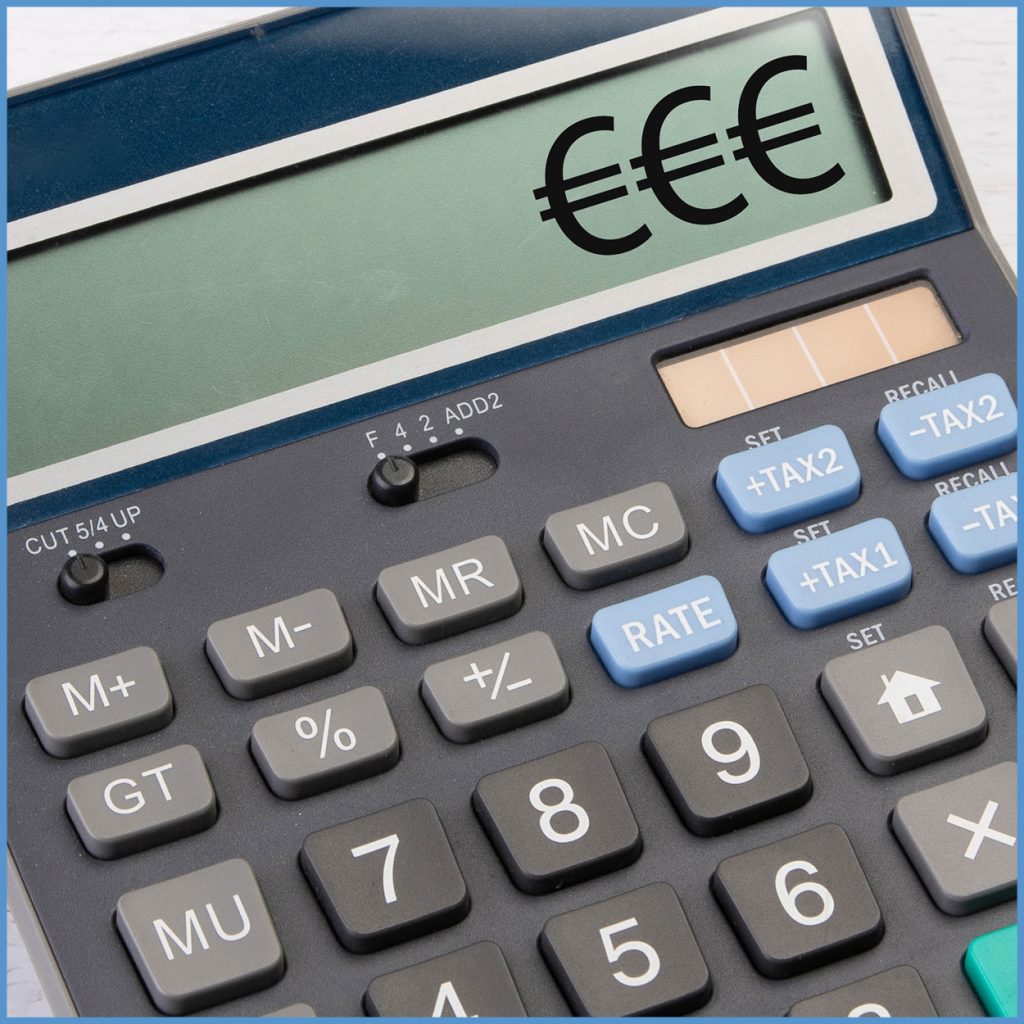Le compartiment Etats membres du fonds InvestEU

Dans le prochain cadre financier pluriannuel (CFP) couvrant la période 2021-2027, la Commission européenne propose de rassembler les nombreux programmes du budget communautaire qui accordent un financement sous la forme de prêts et de garanties dans un programme unique : le Fonds InvestEU. S’appuyant sur le succès du Fonds Juncker, l’objectif de ce nouveau programme consiste à générer 650 milliards d’euros supplémentaires dans toute l’Union au cours des sept prochaines années.
Par rapport au Fonds Juncker, l’une des nouveautés de ce programme est la possibilité offerte aux États membres de transférer, sur une base volontaire, une partie de leurs enveloppes destinées à la politique de cohésion (jusqu’à 5% maximum) vers le Fonds InvestEU. Ces contributions nationales seront fusionnées dans un « compartiment États membres » du Fonds InvestEU et utilisées pour financer, sur leur territoire national, des projets conformes aux objectifs de leur politique de cohésion.
Ce Policy Paper analyse la proposition de « compartiment États membres » du Fonds InvestEU. Il décrit en détail le fonctionnement de ce nouveau mécanisme, explique ce qui le différencie des options existantes en matière de combinaisons de fonds dans la période de programmation actuelle (2014-2020) et présente les avantages potentiels qu’il offre aux autorités nationales et régionales en charge de la politique de cohésion.




